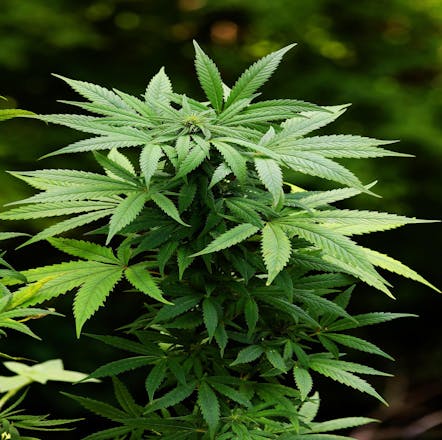
Medical Cannabis Treatment Guidelines
State medical cannabis treatment guidelines are designed to help people with debilitating illnesses and injuries find relief, but there is always more to learn.
Since medical cannabis is a relatively new area of medicine, research is still being conducted on the effects of specific treatments, dosage guidelines, and methods of application.
Additionally, the legal status of medical cannabis differs from state to state, adding a layer of uncertainty for patients and doctors alike. This article will answer some common questions about medical cannabis treatment guidelines.
Medical cannabis treatment guidelines are not always clear-cut, but they do exist. The World Health Organization (WHO) supports the use of medical cannabis in some circumstances.
Based on the WHO's recommendations, medical cannabis is usually prescribed for patients who are suffering from qualifying conditions.
Some qualifying conditions include cancer, PTSD, and autism.
For an official list of qualifying conditions for the states of Louisiana, Pennsylvania, and Texas, click here.
Because of such concerns as the inability to accurately determine a patient's dosage and the risk of addiction, medical cannabis is typically only recommended for patients with terminal illnesses.
There are plenty of health conditions that can benefit from medical cannabis treatment—everything from chronic pain and nausea to anxiety and insomnia.
Medical cannabis is one of the most exciting new industries, and the next wave in medical treatment is the application of cannabis-based products. Research has found that people suffering from a variety of pain-related conditions can benefit from using cannabis to treat their symptoms.
Medical cannabis treatment guidelines are different depending on state and situation. However, there are some general rules that apply to all cases.
Medical cannabis is not usually prescribed as a first option, but as a last resort in diseases where other treatment methods have failed. It is very important to consult with a doctor before starting treatment.
The medical cannabis treatment guidelines for YOUR state will most likely require you to:
1. Get a written diagnosis from your physician.
2. Fill out an application.
3. Schedule an appointment with a CERTIFIED doctor.
The certified doctor will then approve you for your medical marijuana treatment.
It is important to follow these medical cannabis treatment guidelines if you hope to receive your prescription.
Our doctors are CERTIFIED by the State and can prescribe you medical marijuana treatment.
They are doctors located in our Sugar Land, Texas office who have OVER 30 years of experience each.
If you are in Pennsylvania, Texas, or Louisiana, our doctors are able to see you in our office in Sugar Land, Texas, or via Telehealth for YOUR convenience.
If you have completed all the steps of being diagnosed with a qualifying condition, and then filled out your application, it is NOW time to schedule your appointment with one of our doctors.


All you have to do is call (281) 240-2211 and get your visit scheduled right away.
If you have further questions about the medical cannabis treatment guidelines, it is understandable. The best place to get your questions answered is at your visit with our doctor, as they are the experts! They can walk you through the treatment guidelines and answer any questions you may have.
As stated previously, all state’s medical cannabis treatment guidelines are different.
For example, the state of Texas medical cannabis guidelines follows a low-THC program.
As states continue to legalize medical cannabis, the medical community is still coming to terms with how and when to prescribe the drug. Due to the relative newness of cannabis' legal status as a medicine, state-specific guidelines are evolving on how and when it should be used medically.
These guidelines are based on research about its effectiveness as an alternative treatment for symptoms related to cancer and other illnesses. Such research is difficult to conduct given that most funding for cannabis research comes from the federal government, which classifies the plant as an illegal substance. As this conflict of interest continues, it can be difficult for patients who wish to use cannabis as a treatment option to find treatment guidelines.


© Cannabis MD Clinic 2022

That is why it is a great idea to schedule an appointment with one of our doctors TODAY so they can help you out in any way they are able.
Call (281) 240-2211 now to set a time and a date for your REQUIRED visit.
Thanks for choosing Cannabis MD Clinic.